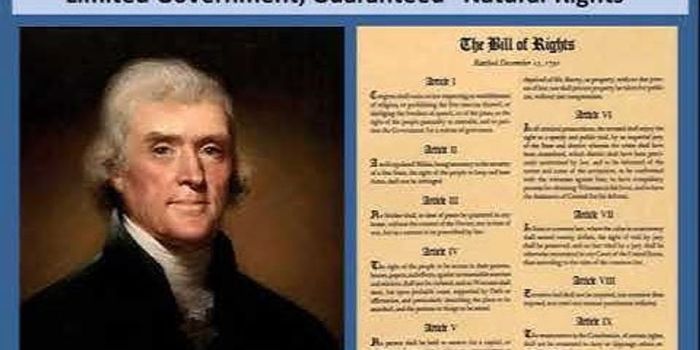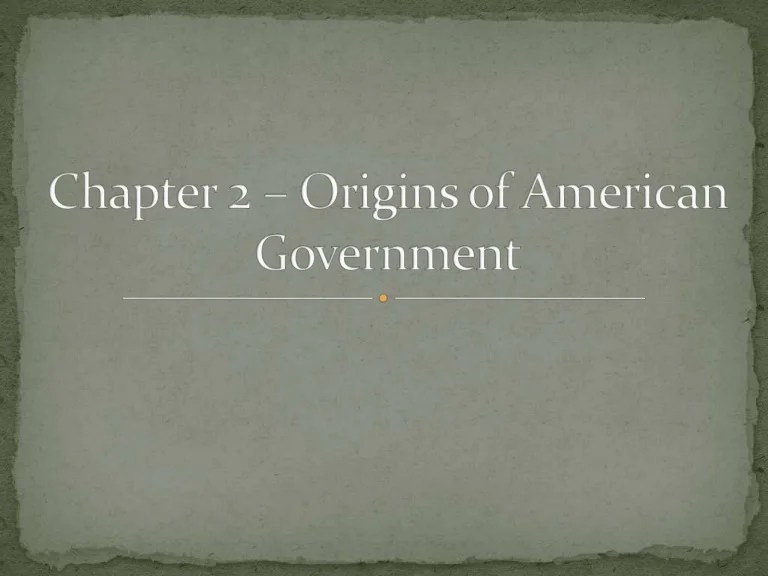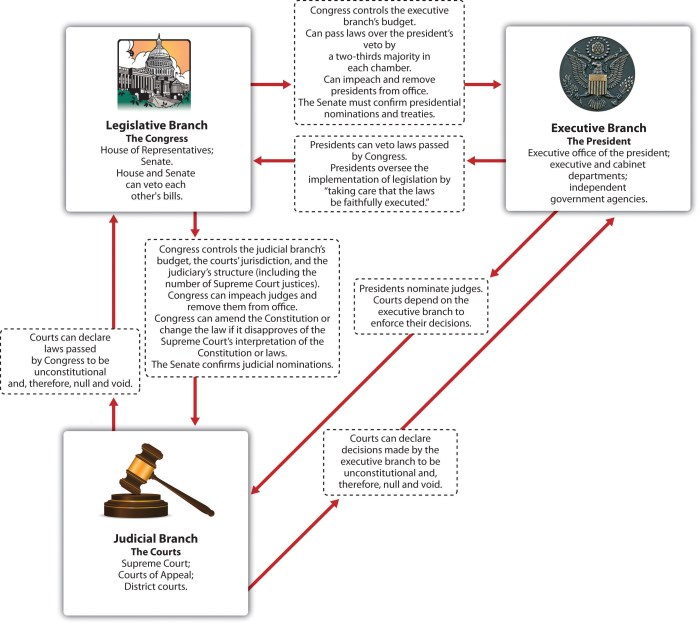Delving into the origins of American government answers, this exploration unveils the intricate tapestry of historical events, influential ideas, and key figures that shaped the foundation of the United States. From the seeds of colonial resistance to the drafting of the Constitution, this journey traces the genesis of a nation built on principles of liberty, democracy, and the pursuit of happiness.
The American Revolution, fueled by political and economic grievances, ignited a transformative struggle that culminated in the Declaration of Independence. This seminal document, echoing the Enlightenment ideals of natural rights and popular sovereignty, laid the groundwork for a new political order.
1. Historical Context

The American colonies were established by European settlers seeking religious freedom, economic opportunity, and political autonomy. They maintained close ties to Great Britain, which exercised authority over them through appointed governors and the British Parliament.
Tensions between the colonies and Britain arose over issues of taxation, representation, and self-governance. These tensions escalated into the American Revolution, a conflict that resulted in the colonies’ declaration of independence and the formation of the United States of America.
Political and Economic Factors Leading to the Revolution
- Imposition of taxes without colonial representation in Parliament
- Restrictions on colonial trade and industry
- Lack of political autonomy and self-determination
- Growing sense of American identity and nationalism
2. Constitutional Foundations: Origins Of American Government Answers
Articles of Confederation, Origins of american government answers
The Articles of Confederation, ratified in 1781, established a loose confederation of sovereign states with a weak central government. It lacked the authority to tax, regulate commerce, or enforce laws.
Weaknesses of the Articles of Confederation
- Lack of a strong central authority
- Inability to raise revenue or regulate trade
- Inability to enforce laws or resolve disputes between states
- Susceptibility to foreign influence and attack
Constitutional Convention and Ratification
The Constitutional Convention, held in 1787, drafted the Constitution of the United States, which replaced the Articles of Confederation. It was ratified by the states in 1789, establishing a stronger central government with divided powers.
Key Principles Enshrined in the Constitution
- Federalism: Division of power between the national and state governments
- Separation of powers: Division of power among the legislative, executive, and judicial branches
- Checks and balances: System to prevent any one branch of government from becoming too powerful
- Bill of Rights: Protection of individual rights and freedoms
3. Influential Documents and Ideas
Declaration of Independence
The Declaration of Independence, adopted in 1776, declared the colonies’ independence from Great Britain. It articulated the principles of natural rights, popular sovereignty, and the right to self-governance.
The Declaration had a profound impact on American political thought and served as a model for other declarations of independence around the world.
Federalist Papers
The Federalist Papers, written by Alexander Hamilton, James Madison, and John Jay, were a series of essays arguing for the ratification of the Constitution. They explained the principles of the Constitution and advocated for a strong central government.
Enlightenment Philosophers
Enlightenment philosophers, such as John Locke and Montesquieu, influenced American political thought by emphasizing the importance of individual rights, limited government, and popular sovereignty.
4. Key Figures and Events

George Washington
George Washington was the commander-in-chief of the Continental Army during the American Revolution and the first President of the United States. His leadership and military prowess were instrumental in securing American independence.
Thomas Jefferson
Thomas Jefferson was the principal author of the Declaration of Independence and the third President of the United States. He was a proponent of individual rights, limited government, and the expansion of the American republic.
Boston Tea Party
The Boston Tea Party, a protest against British taxation, was a pivotal event in the American Revolution. It led to increased tensions between the colonies and Great Britain.
Battle of Saratoga
The Battle of Saratoga was a decisive American victory in the American Revolution. It convinced France to recognize American independence and provide military support.
5. Comparative Perspectives

American Revolution vs. French Revolution
Both the American and French Revolutions were transformative events that led to the establishment of democratic governments. However, the American Revolution was less radical and more focused on self-governance, while the French Revolution was more violent and sought to overthrow the existing social order.
Influence of American Ideas on Democratic Governments
The American Revolution and its ideals have had a profound influence on the development of democratic governments around the world. The principles of popular sovereignty, limited government, and individual rights have been incorporated into many constitutions and political systems.
FAQ Overview
What were the key factors that led to the American Revolution?
Political grievances, economic tensions, and the Enlightenment’s emphasis on individual rights and limited government played significant roles.
How did the Declaration of Independence shape American political thought?
It articulated the fundamental principles of natural rights, popular sovereignty, and the right to revolution, profoundly influencing the development of American democracy.
What were the major weaknesses of the Articles of Confederation?
It lacked a strong central government, leading to economic instability, foreign policy challenges, and internal disputes.